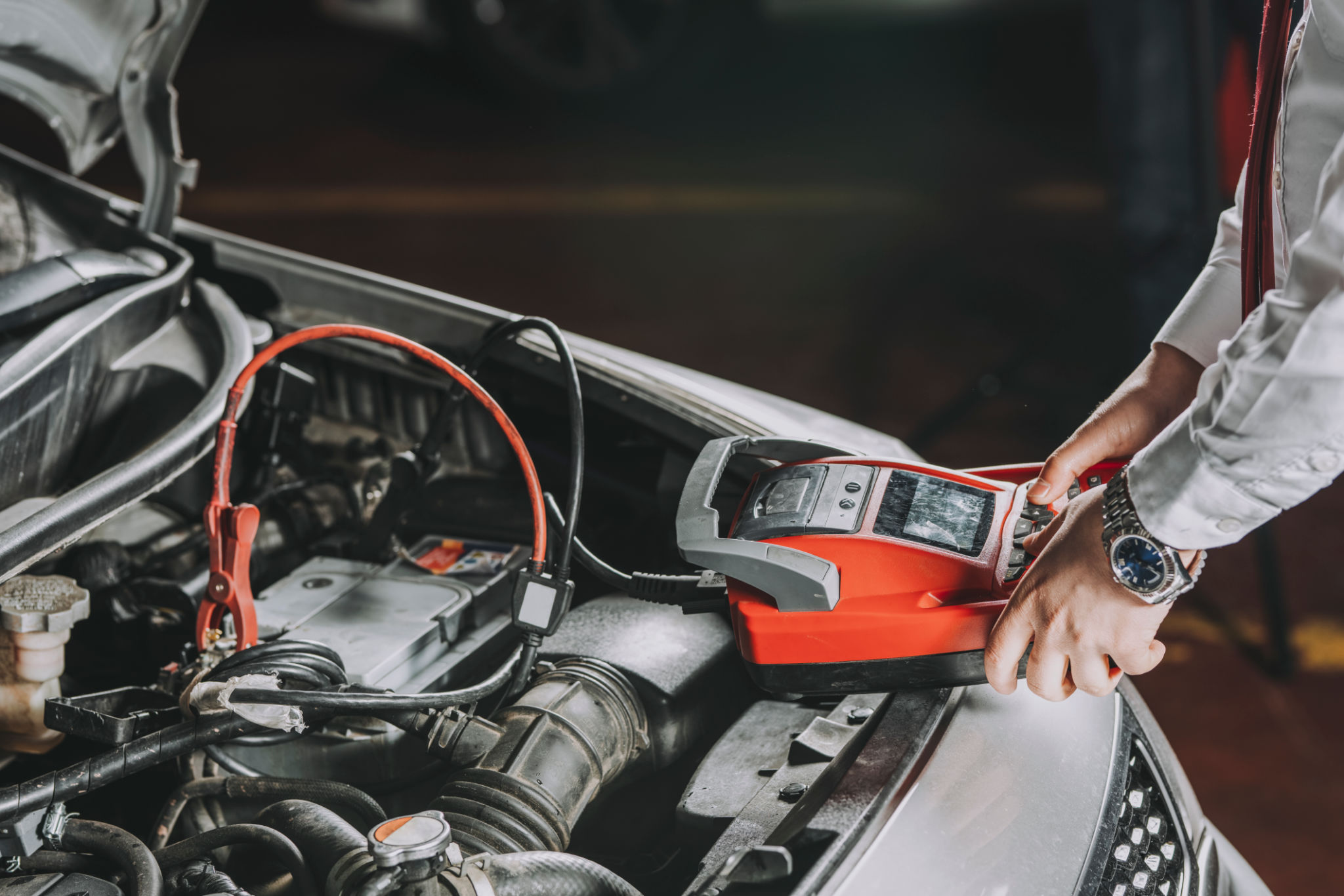DIY Generator Maintenance Tips to Extend Lifespan
Understanding Your Generator
Your generator is a crucial piece of equipment, especially during power outages or when operating in remote areas. To ensure it functions efficiently and has a long lifespan, regular maintenance is essential. Before diving into DIY maintenance tips, it's important to understand the basic components of your generator and how they work together to produce electricity.

Regular Inspection
One of the simplest yet most effective ways to maintain your generator is through regular inspection. This involves checking for any visible damages or wear and tear on components such as the fuel system, battery, and air filter. Regular visual inspections can help you catch small issues before they turn into significant problems.
Fuel System
The fuel system should be checked for any leaks or signs of corrosion. Make sure to replace fuel filters regularly to prevent clogs that could reduce efficiency or cause breakdowns.

Oil and Filter Changes
Just like any engine, your generator's motor oil needs to be changed regularly to keep it running smoothly. Old oil can lead to poor lubrication and increased wear on engine parts. It's advisable to change the oil and oil filter every 50 to 100 hours of operation, or as recommended by the manufacturer.
Choosing the Right Oil
Ensure you are using the correct type of oil for your generator, as specified in the user manual. Using the wrong oil can lead to increased wear and damage over time.

Battery Maintenance
The battery is a critical component of your generator, especially for electric start models. Regularly check the battery terminals for corrosion and ensure they are clean and secure. If your generator is not being used frequently, consider using a trickle charger to maintain the battery's charge.
Replacing the Battery
If you notice that your generator struggles to start, it might be time to replace the battery. Keep a spare battery on hand if possible, so you're prepared in case of an emergency.

Air Filter Maintenance
The air filter plays a vital role in keeping debris from entering the engine. A clogged air filter can reduce efficiency and increase fuel consumption. Regularly check and clean the air filter, replacing it when necessary.
Cleaning Tips
Use compressed air or a vacuum to clean out dust and debris from the air filter. If the filter is too dirty or damaged, it's best to replace it entirely.

Storage Tips
Proper storage is essential when your generator is not in use for extended periods. Store it in a dry place, away from direct sunlight or moisture, which could cause rusting or electrical issues.
Draining Fuel
If you plan on storing your generator for more than a month, consider draining the fuel tank to prevent stale fuel from clogging the system. Alternatively, you can add a fuel stabilizer to keep the fuel fresh.
By following these DIY maintenance tips, you can significantly extend the lifespan of your generator, ensuring it's always ready when you need it most. Regular upkeep not only saves money on repairs but also provides peace of mind during critical situations.